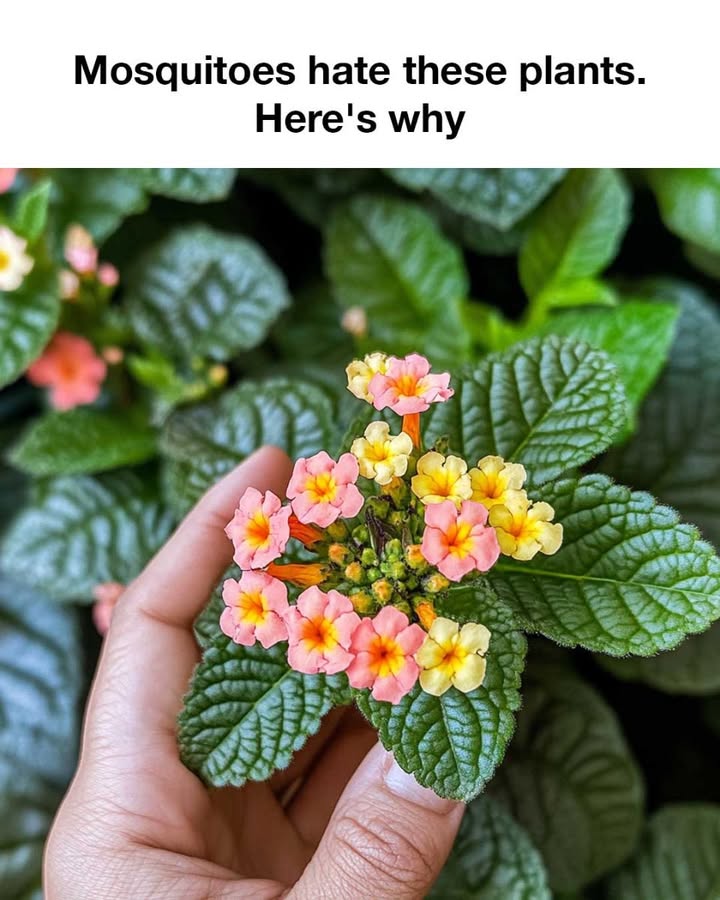Summer evenings can be delightful, but nothing spoils a warm, breezy night quite like mosquitoes. The constant buzzing, biting, and itching make outdoor relaxation nearly impossible. While insect repellents, sprays, and mosquito traps are effective solutions, some people prefer a more natural approach. This is where certain plants come into play, with lantanas standing out as one of the most effective natural mosquito repellents. But why exactly do mosquitoes hate lantanas, and how do they work to keep these pesky insects at bay?
Lantanas: A Brief Overview
Lantanas (Lantana camara) are vibrant, aromatic flowering plants native to tropical regions of the Americas and Africa. With their colorful blooms ranging from yellow, red, orange, pink, and purple, lantanas are popular in gardens and landscapes not only for their beauty but also for their hardiness and ability to attract pollinators like butterflies and bees. However, these attractive plants also possess a lesser-known secret: they repel mosquitoes.
Why Do Mosquitoes Hate Lantanas?
Lantanas are among several plants that act as natural mosquito deterrents due to a combination of factors, primarily their chemical composition, aroma, and oil content.
Essential Oils and Chemical Compounds
The primary reason mosquitoes steer clear of lantanas is due to the plant’s natural production of volatile essential oils. Lantanas contain bioactive compounds like lantadene, citral, and camphor, which are known to be powerful insect deterrents.
Mosquitoes rely heavily on their sense of smell to detect hosts for feeding, and certain plant-based chemicals can interfere with their olfactory system. The strong scent released by lantana leaves and flowers overwhelms the mosquitoes’ sensitive antennae, making it harder for them to locate prey. Specifically, citral—a compound found in lantana oil—has been shown to have repellent properties against various insects, including mosquitoes. This disrupts their ability to find humans and animals by scent, thus reducing the likelihood of bites.
Aroma that Mosquitoes Can’t Stand
The fragrant smell of lantana flowers, while pleasant to humans and pollinators, is quite off-putting to mosquitoes. Unlike the floral scents that mosquitoes may be drawn to, lantana gives off a pungent, citrus-like aroma that repels mosquitoes from nearby areas. The plant’s leaves, when crushed, release an even stronger odor that mosquitoes find particularly unpleasant. This natural defense mechanism not only protects the plant itself but also creates a mosquito-free zone for humans and animals nearby.
Natural Barrier Effect
The abundance of foliage on lantana plants creates a natural barrier, which can help reduce mosquito populations in gardens and outdoor areas. While mosquitoes prefer dark, damp areas to hide during the day, lantanas create a brighter, well-ventilated environment. The density of the foliage also disrupts the areas where mosquitoes like to rest and breed, making it harder for them to establish colonies in places where lantanas are planted.
see continuation on next page
